This article is an on-site version of our FirstFT newsletter. Subscribers can sign up to our Asia, Europe/Africa or Americas edition to receive the newsletter every weekday. Explore all of our newsletters here
In today’s newsletter:
-
Iran warns of potential change in its nuclear doctrine
-
Lai’s Taiwan National Day speech
-
South Korea’s Han Kang wins the Nobel literature prize
Good morning. A senior adviser to Iran’s supreme leader has warned Tehran could change its nuclear doctrine if Israel targets the Islamic republic’s atomic facilities.
As Iran and the wider Middle East brace for the Israeli response to last week’s Iranian missile attack on Israel, Brigadier General Rasoul Sanaei-Rad told Iranian news agency Fars: “Striking nuclear sites could certainly have an impact on the calculations during and after the war.”
Iran fired a barrage of missiles at Israel in retaliation for the assassination of Hizbollah leader Hassan Nasrallah and other militant leaders. Afterward, prominent right-wing Israelis called on Prime Minister Benjamin Netanyahu’s government to target Iran’s nuclear programme.
But western diplomats have warned that would be the most extreme retaliation. The US has urged Netanyahu against targeting Iran’s nuclear sites or its oil infrastructure.
Here’s what to know about Iran’s nuclear programme — long viewed by Israel as its most serious strategic threat.
-
Middle East news: Israeli forces fired a tank shell at the UN peacekeepers’ headquarters in southern Lebanon yesterday, the UN said, injuring two international troops.
And here’s what else I’m keeping tabs on today and over the weekend:
-
Economic data: Malaysia reports August manufacturing sales and the industrial production index. The US publishes September PPI inflation rate data for September.
-
Monetary policy: South Korea announces its interest rate decision.
-
Chinese economy: A press briefing on Saturday with China’s finance minister has fuelled investor expectations that the government will announce more stimulus measures.
How well did you keep up with the news this week? Take our quiz.
Five more top stories
1. Taiwan’s President Lai Ching-te has urged Beijing to co-operate with Taipei and the international community to maintain peace in his first National Day speech yesterday. Lai asserted that China had “no right to represent Taiwan” but said he was willing to work with Beijing to protect peace and prosperity for people on both sides of the Taiwan Strait.
2. South Korean writer Han Kang has won the 2024 Nobel Prize for literature. Han — the first Asian woman and South Korean writer to win the award — was recognised for her “intense, poetic prose that confronts historical traumas and exposes the fragility of human life”, the Nobel committee said.
3. Seven & i Holdings plans to split its convenience store operations from non-core businesses as the Japanese retail conglomerate faces an unsolicited $47bn buyout proposal from Alimentation Couche-Tard. The 7-Eleven owner said it would separate 31 subsidiary businesses — including supermarkets such as Ito-Yokado — and put them in a new holding company. Here’s more on the reorganisation.
4. US inflation fell to 2.4 per cent in September but still exceeded economists’ expectations, cementing the belief that the Federal Reserve will cut interest rates by a quarter point at its next meeting in November.
-
Hurricane Milton: Rescue operations were under way in Florida yesterday as officials sought to assess the damage inflicted by the storm, which triggered widespread flooding and left millions without power.
5. Exclusive HSBC’s new chief executive plans to target the lender’s expensive layer of senior bankers in a cost-cutting move aimed at saving as much as $300mn. Georges Elhedery is drawing up plans to merge HSBC’s commercial banking unit with its global banking and markets unit. Here’s what else we know.
The Big Read

Russia has created a “shadow fleet” of more than 400 vessels moving about 4mn barrels of oil a day, circumventing western sanctions to create billions of dollars a year in additional revenue for its war in Ukraine. The FT’s latest investigation shows how complex arrangements involving a British accountant, a London-listed broker and Dubai-based companies helped one of Russia’s biggest oil producers buy ships while hiding its involvement.
We’re also reading . . .
-
Activist battle: A seemingly misfired email has embroiled Pfizer chief executive Albert Bourla and his company in a high-stakes activist campaign.
-
Trump biopic: The Apprentice has been hit with legal threats that scared off Hollywood studios. Screenwriter Gabriel Sherman reveals the wild inside story of his new film.
-
80-hour weeks: Wall Street’s moves to cap weekly hours for entry-level bankers are butting against the reality of a competitive industry.
Chart of the day
A scramble for Chinese equities united the global investment industry last month, just as attitudes towards European and Japanese stock markets became heavily bifurcated along geographical lines. Despite strong domestic enthusiasm, foreign exchange traded fund investors turned their backs on European and Japanese stock markets in September.

Take a break from the news
Before he was Japan’s prime minister, Shigeru Ishiba was a Dragon Ball cosplayer. In 2018, he donned a purple cape and a hooded pink bodysuit at an event in his native Tottori, dressed as Majin Buu from the popular Japanese anime series. Ishiba is a serious politician, and his wardrobe decision is only weird if you (incorrectly) believe his anime fandom is niche, writes Leo Lewis.

Additional contributions from Gordon Smith and Tee Zhuo

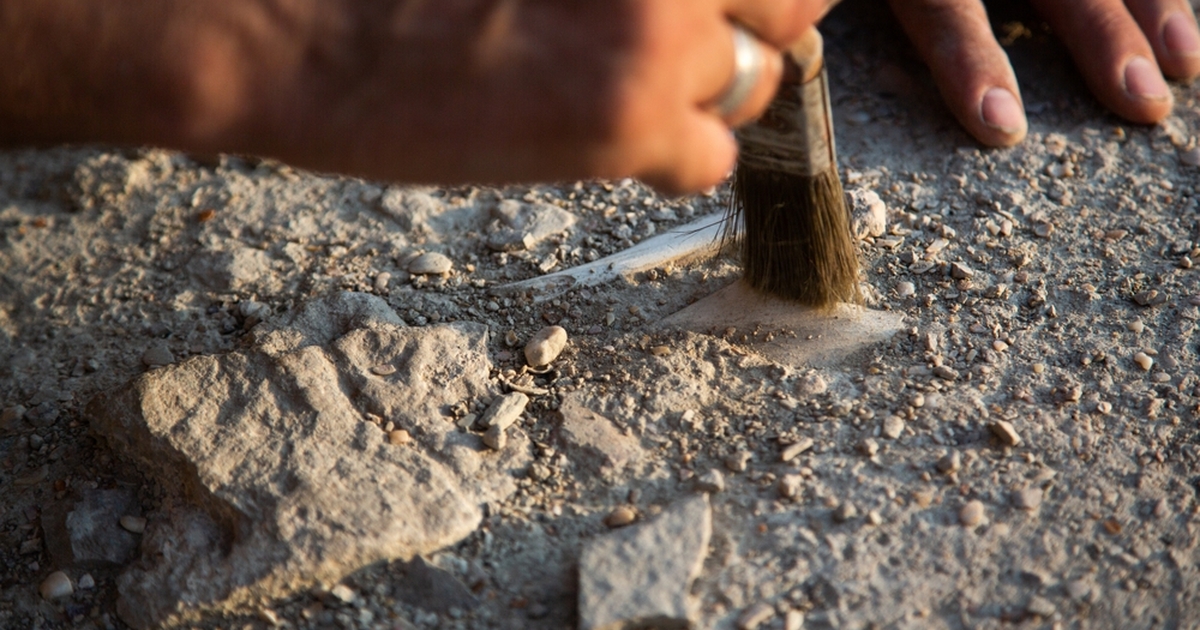


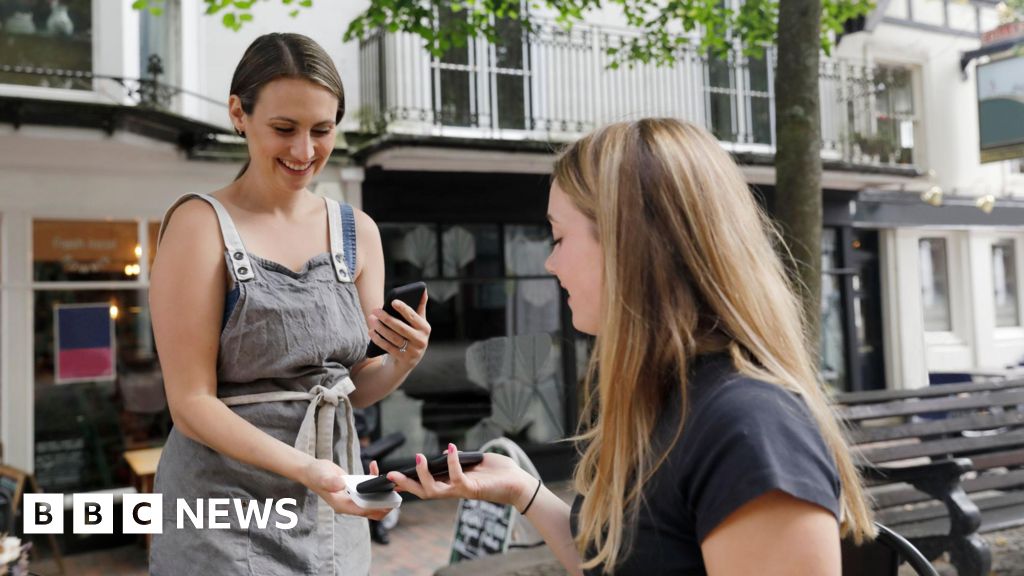




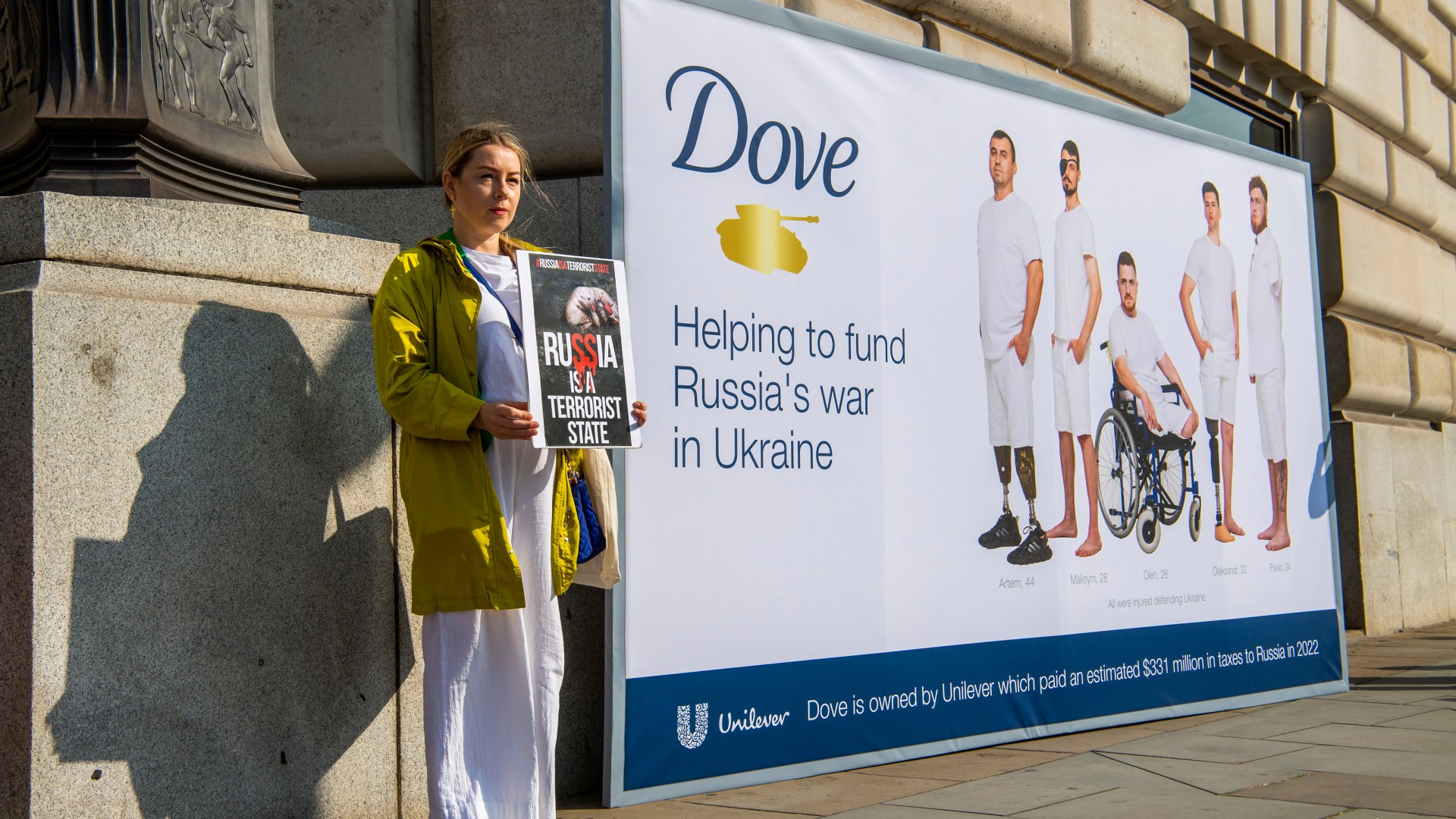





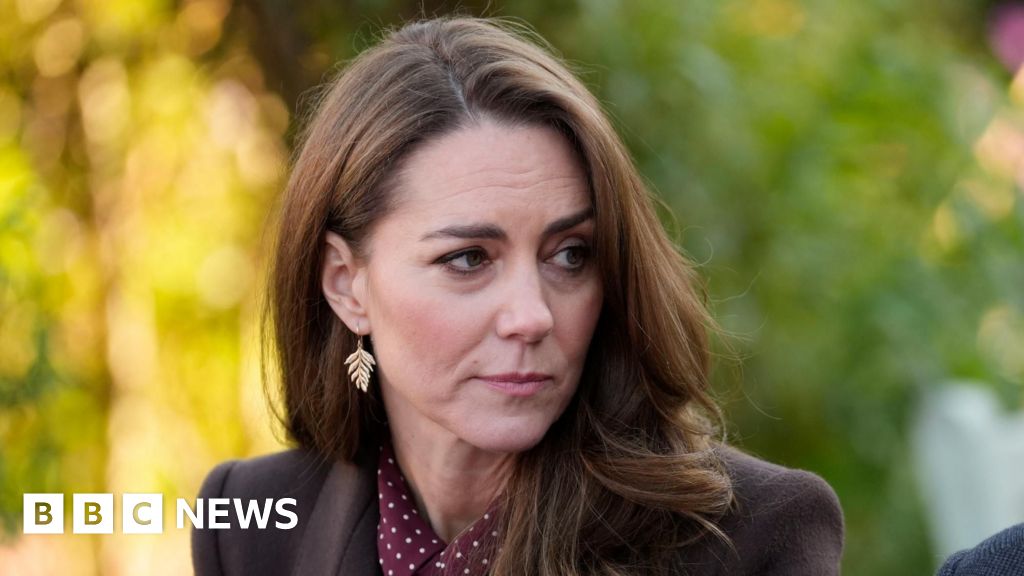
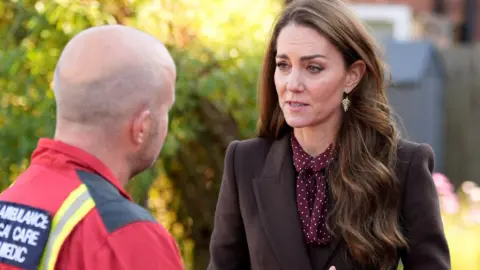
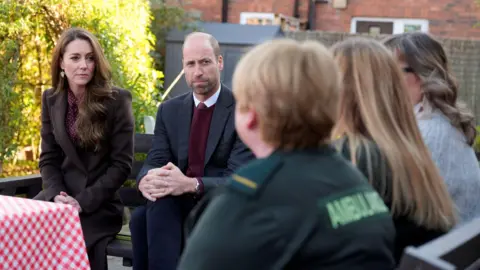































































































































You must be logged in to post a comment Login